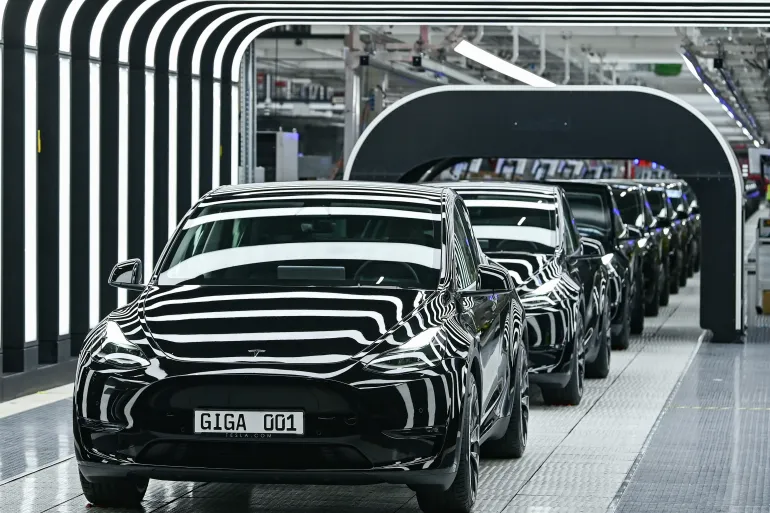As we navigate the early decades of the 21st century, the transition from internal combustion engine vehicles to electric vehicles (EVs) is gaining momentum in the United States. With advancements in technology and growing environmental awareness, the question isn’t if EVs will become mainstream, but rather when. This blog post delves into the factors that will determine the timeline for EVs becoming the standard in the U.S. and what challenges and developments we can expect along the way. EVS Becoming Mainstream
The Current State of EV Adoption EVS Becoming Mainstream
Currently, EV adoption in the U.S. is on a steady rise. Sales of electric cars have been climbing, supported by an increasing range of models from various automakers. However, EVs still represent a small fraction of total vehicle sales, indicating there’s a long road ahead before they dominate the market.
Government Policies Driving Adoption
One of the key accelerators for EV adoption has been proactive government policies. Federal and state incentives, including tax rebates and grants for purchasing EVs and building charging infrastructure, have lowered the barriers to entry for potential buyers. Furthermore, emission regulation policies are getting stricter, pushing both consumers and manufacturers towards cleaner alternatives like electric cars.
Technological Advancements in EVs
Moreover, technological advancements play a pivotal role in the EV revolution. Improvements in battery technology are crucial as they directly affect the cost, range, and performance of EVs. As batteries become cheaper and more efficient, the price gap between electric and gasoline vehicles narrows, making EVs more accessible and attractive to a broader audience.
Infrastructure Development EVS Becoming Mainstream
Furthermore, the development of charging infrastructure is critical to EV adoption. The convenience and availability of charging stations are significant factors in consumer decisions. The expansion of fast-charging networks across highways and in urban centers across the U.S. will alleviate one of the major concerns potential buyers have: range anxiety.
The Role of Consumer Perception
Additionally, shifting consumer perceptions is essential for mainstream EV adoption. As more people become aware of the benefits of electric vehicles, including lower maintenance costs and reduced environmental impact, the cultural shift toward electric mobility will accelerate. Education and exposure are key, with auto shows, test drive events, and EV-specific marketing campaigns playing major roles.
Economic Factors at Play
Economic factors also significantly influence the adoption of EVs. The total cost of ownership of an EV is already becoming favorable compared to traditional vehicles due to lower operational and maintenance costs. As the economy scales, and with potential increases in fuel prices, EVs could become the financially smarter choice sooner than anticipated.
Challenges to Overcome
However, several challenges could slow down the transition. The supply chain for raw materials needed for batteries, such as lithium and cobalt, faces sustainability and ethical issues. Additionally, the electrical grid will need significant upgrades to support widespread EV charging, especially in peak demand scenarios.
Potential Timeline for Mainstream Adoption
Considering these factors, predicting a precise timeline for when EVs will become mainstream is challenging. However, most industry analysts project that by 2030, EVs could represent a significant portion of new car sales in the U.S., with potential for majority status by 2040, depending on technological, economic, and regulatory developments.
A Future Powered by Electricity EVS Becoming Mainstream
In conclusion, the journey of EVs to becoming mainstream in the U.S. is already underway and picking up speed. With continued advancements in technology, supportive government policies, and shifting consumer attitudes, the future of U.S. transportation is electric. The next two decades will be crucial in shaping this electric future, promising a cleaner, more efficient, and sustainable mode of transportation for all. EVS Becoming Mainstream
Inspired by France24News Rear More Articles Here, Read Previous Blog Here.
